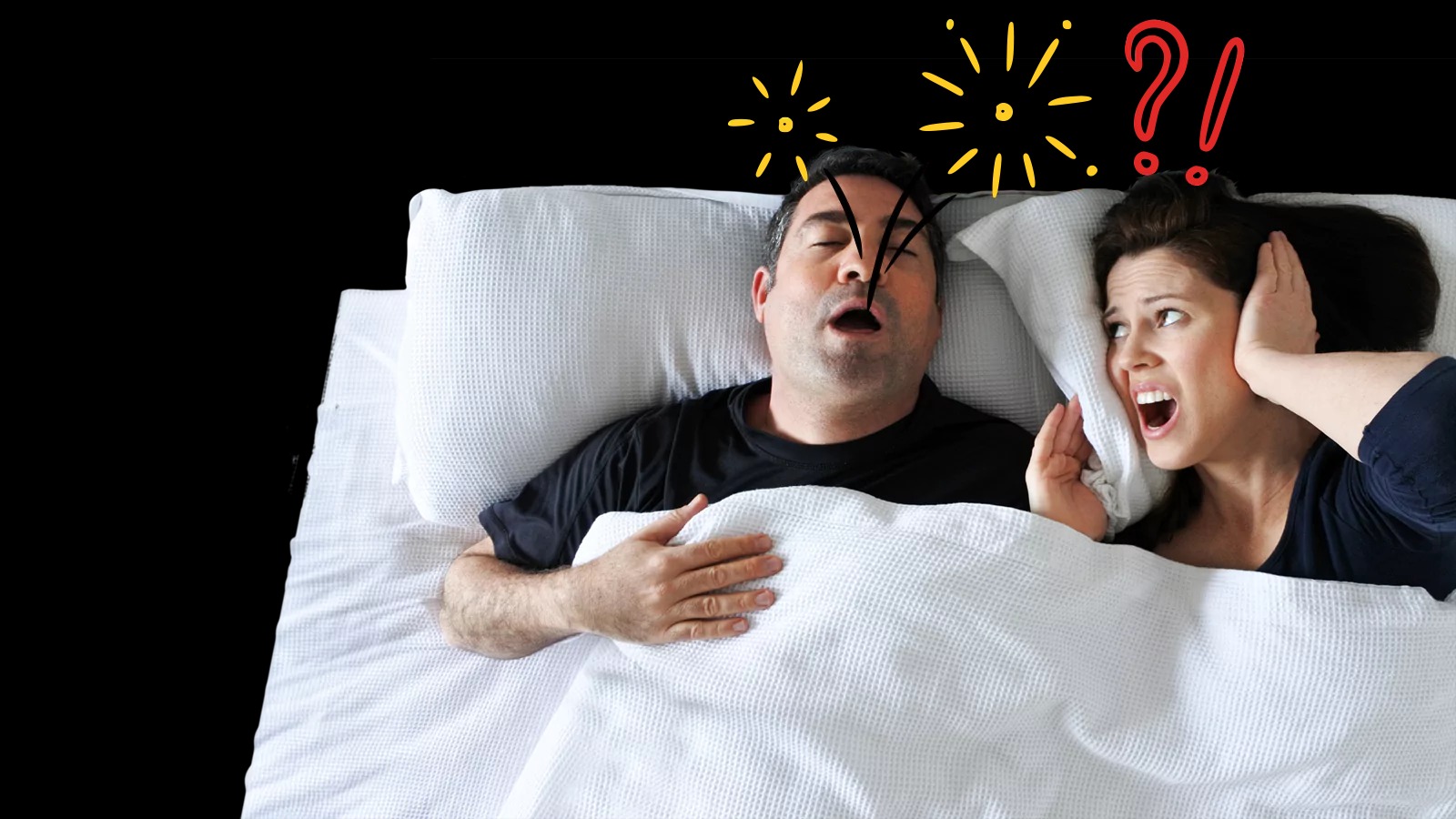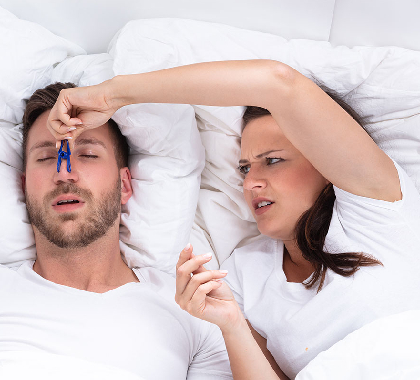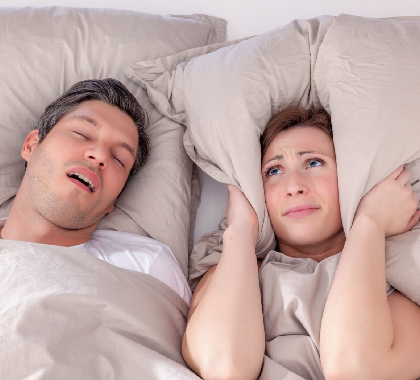Sleep apnea is a serious sleep disorder where breathing repeatedly stops and starts during sleep, leading to poor sleep quality and increasing the risk of various health issues like heart disease, hypertension, and diabetes. The most common type, obstructive sleep apnea (OSA), occurs when throat muscles intermittently relax and block the airway during sleep. Snoring, often a symptom of sleep apnea, is the sound resulting from turbulent airflow that causes the tissues of the nose and throat to vibrate during sleep. While snoring can be a sign of sleep apnea, not everyone who snores has this condition. Proper diagnosis and treatment of sleep apnea can significantly improve one’s health and quality of life.

In Patna, Dr. Sukhpreet Kaur’s clinic is at the forefront of treating sleep apnea and snoring, offering customized solutions to those struggling with these common sleep disorders. Understanding the complexity and health risks associated with untreated sleep apnea, including hypertension, heart problems, and daytime fatigue, Dr. Kaur employs a multidisciplinary approach. Her treatments may include the use of oral appliances designed to open the airway during sleep, lifestyle modifications, and, when necessary, collaboration with sleep specialists for comprehensive care. Dr. Kaur’s dedication to improving her patients’ sleep quality and overall health has made her clinic a beacon for those seeking relief from sleep apnea and snoring in Patna.
Sleep Apnea & Snoring F&Q's
What is sleep apnea?
Sleep apnea is a disorder characterized by pauses in breathing or periods of shallow breathing during sleep. Each pause can last for a few seconds to minutes and may occur multiple times throughout the night.
How does sleep apnea differ from snoring?
Snoring is the sound produced from obstructed air movement during sleep, while sleep apnea involves actual pauses in breathing. Snoring can be a symptom of sleep apnea, but not everyone who snores has sleep apnea.
What are common signs of sleep apnea?
Common signs include loud snoring, episodes of breathing cessation witnessed by another person, abrupt awakenings accompanied by shortness of breath, waking up with a dry mouth or sore throat, morning headache, insomnia, and excessive daytime sleepiness.
What are the health risks associated with untreated sleep apnea?
Untreated sleep apnea can lead to several serious health issues, including high blood pressure, cardiovascular disease, liver problems, type 2 diabetes, and metabolic syndrome. It also increases the risk of accidents due to daytime fatigue.
What treatments are available for sleep apnea?
Treatments range from lifestyle changes (such as weight loss, avoiding alcohol and smoking) and using continuous positive airway pressure (CPAP) devices to dental appliances or even surgery, depending on the severity of the condition.
Can lifestyle changes alone be effective in managing sleep apnea and snoring?
In some cases, particularly for mild sleep apnea or primary snoring, lifestyle changes like losing weight, changing sleep positions, avoiding alcohol close to bedtime, and maintaining a healthy lifestyle can significantly improve symptoms. However, more severe cases may require medical intervention.











